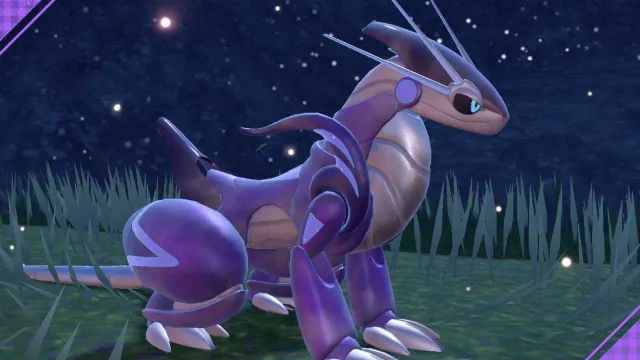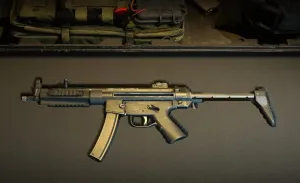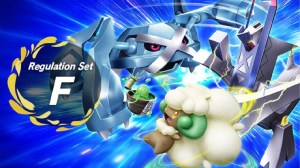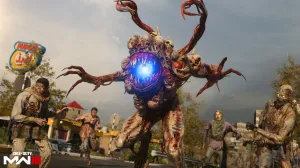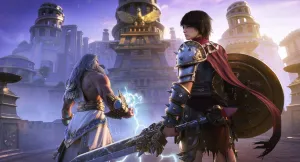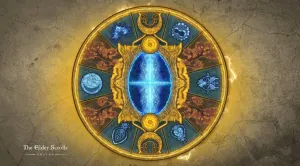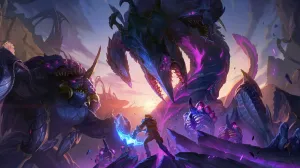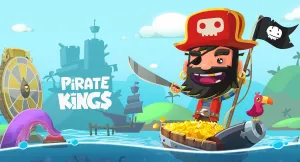It’s a Friday night in the United States, but it’s already morning the next day in Japan. The Valhalla tournament is firing up as players gather on Discord and open up a Twitch stream from Nok, a longtime Guilty Gear player. People from the United States, Saudi Arabia and Japan gather to compete in the Guilty Gear XX Accent Core Plus R event, over netplay, something that was unfathomable until recent changes to its netcode.
Guilty Gear XX Accent Core Plus R is a mouthful for a title, but it fits the over-the-top vibe that the series, started in 1998 by Arc System Works, exudes with wildly creative characters. Accent Core Plus R is the 2012 update of Guilty Gear X2, which originally released in 2002. Though some consider that entry to be the best in the franchise, the more-known Xrd: Sign, which uses a revamped Unreal Engine, overshadowed it in 2014.
With Plus R reduced to a niche, side game, it was only occasionally played locally, especially since its subpar netcode didn’t permit much online play. All of Arc System Works’ titles to date use a delay-based infrastructure, which handles larger ping values by waiting on the other party to receive inputs. As a result, worse connections create a longer delay between buttons pressed and what happens on the screen.
This didn’t matter much in a world where players could gather in person, but in a pandemic, netcode became crucial for a quality fighting game experience. Without the ability to host meetups and tournaments in certain places, players funneled to network lobbies, the experience often less than ideal.
Good game, peace out
Although the upcoming title, Guilty Gear -STRIVE-, does have rollback, there hasn’t been any indication for improvements to several of existing Arc System Works, such as Plus R, BlazBlue: Central Fiction or Granblue: Fantasy Versus. Though Plus R received a new port for the Nintendo Switch, both Xrd and Plus R remained stuck in the past with their delay-based netcode structure.
Meanwhile, prominent games like Killer Instinct, Divekick and Skullgirls had long been using GGPO netcode, more commonly known as rollback. Tony Cannon, co-founder of Evo, created this game changing process in 2009 by using a predictive input system to practically eliminate all delay between a player’s inputs and what happens on screen.
Though fans have banded together to implement rollback netcode in games before, such as Melty Blood: Actress Again, the impetus for the Plus R integration came from the October 2019 open-source release under the MIT license. An informal group of fighting game enthusiasts and software developers known as Team French CaliBurst formally announced their effort to implement GGPO in Plus R. The project gained traction after a now-deleted video on Twitter garnered the attention of Lab Zero Games, who worked as an intermediary to sanction the project with Arc System Works.
Mike Zaimont, previously owner of Lab Zero Games and Skullgirls developer, facilitated the pitch, though allegations of sexual misconduct and mistreatment of his employees surfaced. Arc System Works ended up suspending him from the project, but Team French CaliBurst carried on with a closed and later open-beta of the GGPO implementation for Plus R.
“Delay and rollback are extremely similar systems, only varying in what happens when the game attempts to simulate without inputs from a remote player,” said Anthony “Lulolwen” Danducci, who worked on the fan initiative as part of Team French CaliBurst. “A delay-based system waits until it gets input, a rollback-based system predicts input and resimulates if it’s wrong.”
Essentially, for a game this old, going from its outdated, delay-based netcode to GGPO felt like upgrading from dial-up to broadband internet. But implementing it required Team French CaliBurst to work around the game’s engine and figure out its various elements without any official documentation guiding them.
While “desyncs” — basically disconnects — still occur from time to time, the team continuously works on bug fixing along with other experimental new features like 64-player lobbies.
Nok, the Japanese streamer and content creator, initially had reservations when he heard about this new update.
“I heard from a friend that a lag-reducing feature was being implemented and that I would eventually be able to play with people from overseas,” he said. “I was skeptical because I have played many fighting games in the past, and I was never satisfied when playing with people from overseas because of the lag. However, what was released far surpassed what I had expected.”
Wes “Skeletal Minion” Barron, a long-time Guilty Gear competitor, also said he wasn’t sure how well Plus R would turn out with rollback. However, now that he has had some time with it, he couldn’t be happier.
“I told people, I think this is the best netcode I’ve ever seen,” he said. “I play regularly with people from Europe, Japan, South America. It feels like they are sitting next to me on the couch. I joke around sometimes and say that rollback for Plus R is basically black magic.”
Local limitations
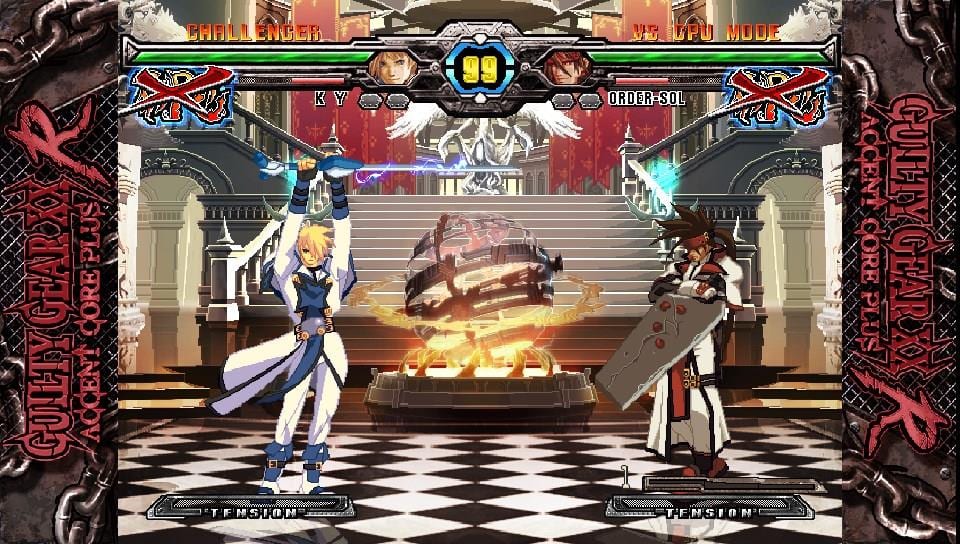
The last time Plus R made it into the Evolution Championship Series was in 2009. It then faded into relative obscurity, persisting as either a side title at majors or unofficially returning to Evo under the AnimEvo banner, organized by the community.
“The Plus R scene was pretty fragmented, between southern and northern California, Chicago, New York, Florida, Texas,” said Rodrigo “Honnou” De La Reza, who commentated at AnimEvo events and currently heads the largest Plus R community Discord server. “But just like any game without good netcode, these were largely dependent on locals and majors.”
Most major tournaments would only host one version of the game, Honnou said. Xrd was usually the logical choice, though some players deferred to the older title.
“When Xrd came out, it cannibalized the fan base for Plus R,” said Skeletal Minion. “It was an awkward situation because I loved the game but couldn’t find people to play. Before rollback, there was maybe one local that you’d have to drive out of state just to play seven people.”
Originally hailing from Alabama and later moving to Atlanta, Skeletal Minion was initially attracted to the game’s heavy metal aesthetic. He fondly recalls ordering DVDs from Evo 2004, before the ubiquity of streaming, to catch both Moment 37 and the finals of Plus R’s predecessor, Guilty Gear XX.
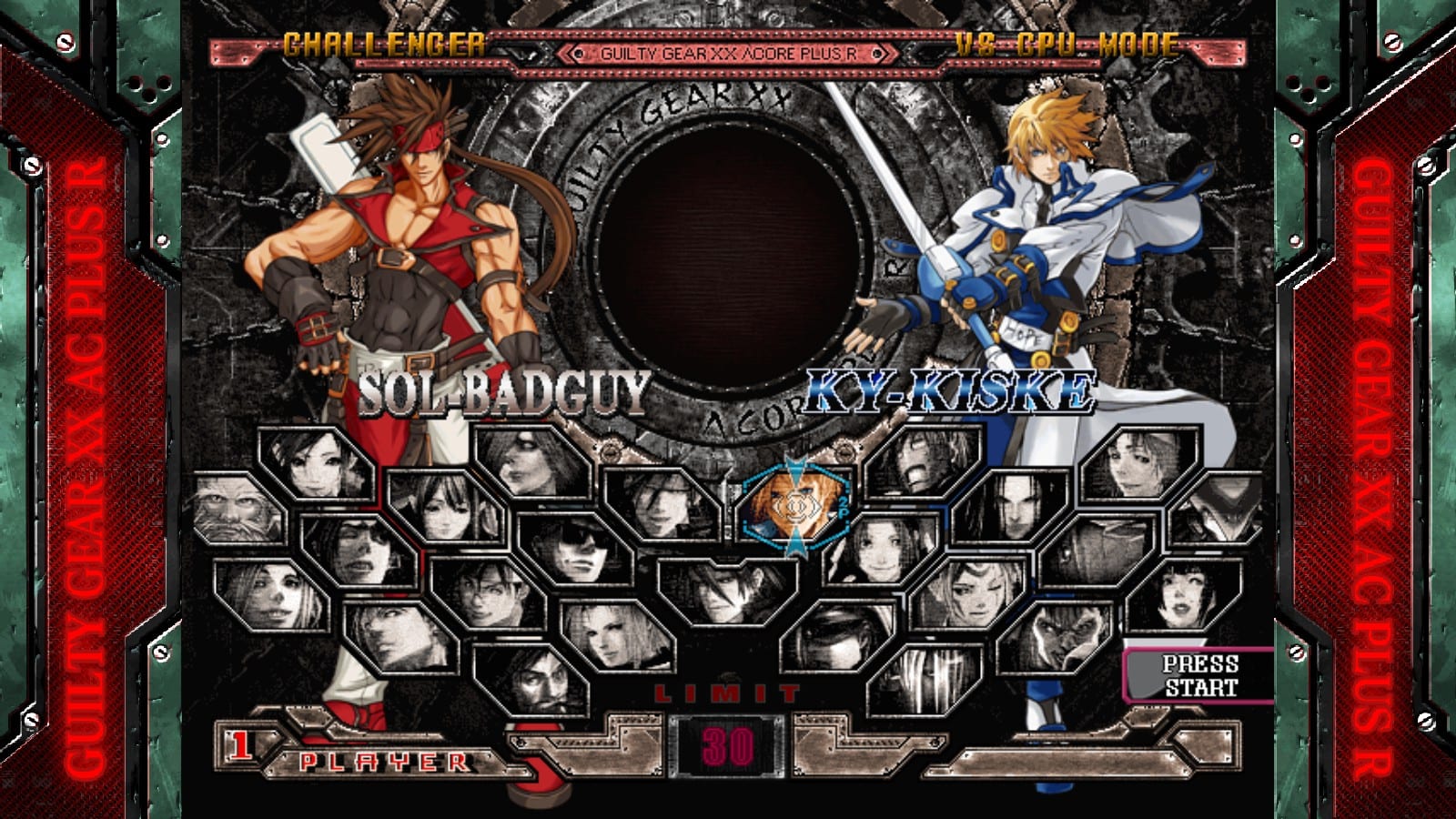
Though he dabbled in Arc System Works’ other title, BlazBlue, Barron stuck with Plus R and traveled to major events around the country as his funds permitted. This culminated in a 2017 victory for Skeletal Minion at AnimEvo, during which he eliminated Sonoda “Kedako” Yuko, a famous Japanese fighting game player.
“It was a really rare experience to get [to play someone from Japan],” he said. “You just had to hope a Japanese player would show up at a major and travel to it. I’d only probably played less than five. I remember being so laser-focused that I shook his hand after winning the first game, thinking it was over.”
While successive Xrd titles headlined tournaments around the US and the world, Plus R remained an obscure title. Honnou mentioned that going back to 2019, the community’s Discord clocked in at around 3,000 to 4,000 members.
However, the COVID-19 pandemic decimated 2020’s chances of running in-person events, as the Fighting Game Community at large retreated to the safety of remote online play. Frosty Faustings, an annual Illinois event which spotlights the Guilty Gear series, was one of the last “majors” of 2020.
The pandemic also had an immeasurable impact on businesses worldwide, and Skeletal Minion’s situation took a difficult turn. With his job as a software engineer effectively terminated, a string of bad luck events with his car and health issues dog-piled on him.
“The things I was working so hard for over the past few years got yanked away from me,” Skeletal Minion said. “I was in a really bad spot, extremely depressed and in a very bad position money-wise. When rollback finally came out, it really turned around my mood in a more positive mental space.”
See me in the netplay lobby
GGPO’s release has had a meteoric effect on the community, well-illustrated by the concurrency numbers from SteamDB. The launch of the beta patch catapulted the player count from a measly 32 count to 2,330, an increase of more than 1,000%. Numbers don’t tell the whole story, however. GGPO helped break the netplay borders and the possibility of opening up to international play is what made events like Nok’s Valhalla possible.
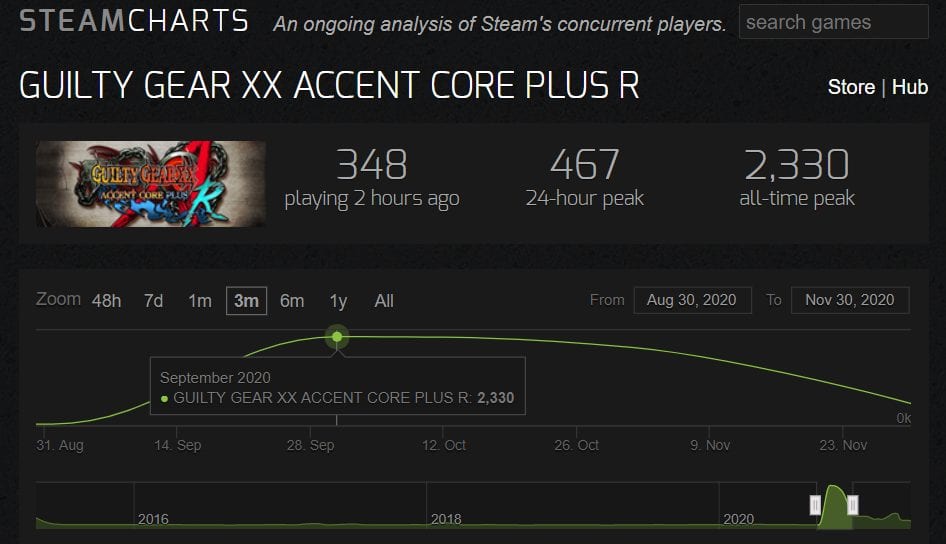
“It has been a dream come true for me to be able to play against some of the best players from overseas that I had never played against before,” Nok said. “I can’t thank the creators of GGPO enough.”
Organized in a style akin to Japanese arcades, the Waseda format sectioned players into 2v2 teams facing single elimination, which stands in contrast to the more typical double elimination brackets. Skeletal Minion said that made the tournament much more intense, but added that it wouldn’t have been possible at all before rollback.
“At that time, Japanese players felt like they were at a totally different class level,” Skeletal Minion said. “They could wax us really hard. But I feel that the skill gap has closed considerably.”
Since Japan has always had a closer concentration of players, players in other countries relied more on Plus R’s netcode to meet each other. Some had good access to local venues and others saved up for majors. But with the GGPO update, players turned to online events for Plus R instead of the latest release, Xrd REV 2.
From 25v25 exhibitions, tournaments and leagues, the netplay tournament scene managed to ignore most of the negative effects of the pandemic. Streamers like Lunar Phase and Team Spooky hosted regular events and also ran bigger leagues with bigger guns, like the qualifier-only Magnum Opera event.
Many new weeklies popped up. It’s now possible to find a Plus R tournament on any given weekday, complete with a stream, bracket runners and a crowd-funding tool, Matcherino, to additionally fuel the competition. Casa is one of the events that decided to include Plus R in its lineup soon after the beta release.
“There’s no way that we would be running this event without the GGPO patch,” said David Bunch, founder and sole owner of Casa, who used to host games at his house. “I would not be able to support that game without GGPO. It’s not perfect, but the netcode is the best I’ve seen in a while.”
Launched in January 2020, Casa focused on Street Fighter V at first and then added Granblue: Fantasy Versus to its lineup. The delay-based netcode proved to be a barrier for the latter, resulting in Casa eventually dropping the title.
Bunch is also exploring the possibility of inviting Japanese players to Casa, but he doesn’t want to “rush the process just for clout.” He is looking ahead to the release of Guilty Gear -STRIVE- while trying to build up relationships with Japanese players.
Striving onward
Delay netcode may very well turn into a relic of the past as the latest installment of the Guilty Gear series has already been praised for its implementation of netcode. Arc System Works committed to rollback with -STRIVE-, set to release in June, and players witnessed first-hand its impressively low ping values.
“A lot of the animations [in -STRIVE-] have holds up front so that they don’t look as jarring when they jump to the next frame,” said Lulolwen, who isn’t involved with the development of the game. “I’m speculating that the reason for that is because it works better for rollback.”
The future for netplay games, at least in the place of in-person tournaments, is looking bright and may even out the odds for those whose means prevent them from reaching certain competitive levels. However, Lulolwen stressed that many other games are extremely difficult to modify to use GGPO without developer support, and he hopes they extend a hand.
“Please release the source code for older versions of your games,” Lulowen said. “I think the Plus R project and Team French Caliburst have proven the value that fans can add to games and game engines. I would love to see a world where every ‘out of print’ fighting game has someone working on a rollback update, and if developers release the source code, those updates will almost certainly be written for free by fans.”

